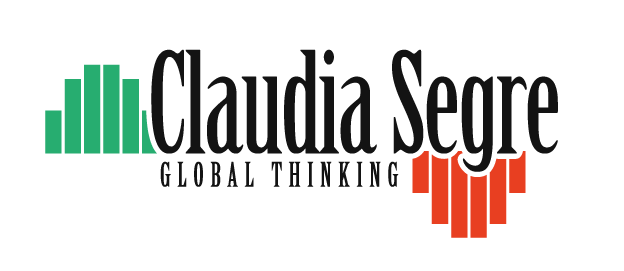For true gender equality it is strategic to improve women’s financial education. An agreement between the Bank of Italy and the Notary lights a beacon. The experience of Women Squared Project.
When the sum of all social differentials – from that of digital technology to that of financial knowledge – work against full female empowerment, women react by demanding greater opportunities for work participation, to be the driving force behind a change in the country’s development trend that leads to effective wage and pension equality, and not just a dead letter of unfulfilled constitutional dictates. Today’s conference (“Women and financial culture. An investment for the future”), which seals an agreement between the Bank of Italy and the National Council of Notaries, is another fundamental step not only by authoritative institutions, but by social actors who play a fundamental role in supporting Italian families in the most delicate moments of life decisions.
Participating and bringing one’s own testimony means giving an account of a common commitment between Institutions and Third Sector that are the prerequisite to achieve inclusion and social cohesion represented in Mission 5 of RRP (Recovery and Resilience Plan).
Six years ago, after careful reflection on the effects of the Istanbul Convention – a fundamental legal instrument to protect Women from all forms of violence – together with the proclamation of intent of the 2030 Agenda, centered on a pivotal global goal such as gender equality, I realized that all the experience observed during international meetings at the International Monetary Fund and the World Bank, which have always been committed to policies of financial inclusion of the most fragile, offered an important cue also beyond the Emerging Countries with which I had been working for years.
Goal 5 on gender equality was the starting point on which to focus a model of action with a social background which, starting with financial education, would make it possible to stem the tide of gender-based violence which finds in economic isolation and in the discomfort created by the financial abuse suffered, a greater vulnerability in women and families. This vulnerability occurs when there is not a full sharing of choices on personal well-being which, inevitably, passes through a careful and conscious management of income over time with a view to savings and sustainable balance.
We are in the second year of social impact analysis of a Project such as Women Squared which, in three years, has exceeded 6 thousand participants. We have created an effective system of prevention of economic violence, to be shared with our stakeholders, thanks to a strategic model of implementation of traditional training proposals, to which we have added the usability of content updated every six months in digital format and a listening desk service that supports participants on all legal, fiscal, curricular, and entrepreneurial issues. This has also led to the publication of a scientific paper taken by the Association of International Statistics on the occasion of the Conference “Statistics and Information Systems for Policy Evaluation 2021”, held at the University of Florence.
Starting with financial well-being means feeling more secure about one’s future economic and social stability, making choices independently as a result, and increasing personal well-being, which must be the primary goal of anyone involved in financial literacy.
The synthetic index obtained, has seen an implementation of the statistical model of measurement through a longitudinal analysis between the two last years.
Positive outcomes were found on some important aspects of self-esteem and self-determination, in particular with improved levels in informed choice of products, propensity for conscious debt, mastery and confidence in one’s financial skills and management of impulsivity.
The best performing group are retirees. There is also an inversely proportional impact of educational attainment distributed between North and South.
If ten years ago there was no talk of social impact analysis, but only of concrete project action, now, thanks also to the new regulatory framework that connotes the third sector, the variable of change due to the actions implemented is introduced. In this case, the change comes from a strategic philanthropy that is complementary to traditional philanthropy but is defined by the measurable mark it leaves on society. Free projects spread throughout the country and that continue over time are the keystone for future projects, but also tools to address inequalities that go far beyond educational poverty and that have widened due to new layers of economic poverty represented by workers who have suffered a dramatic loss of social status in the pandemic.
Making sense of change means analyzing the phenomena, starting from the scientific literature, and then moving on to experience in the field, therefore on the national territory, and to the experience of the beneficiaries of the projects. Our territory tells very different stories and offers different conceptions and cultural legacies: between North and South, for example, there is a homogeneity on the family budget and on the current account, while there is a lack of homogeneity on social security aspects. Giving women the opportunity of more information and training, family services and therefore the opportunity to enter or return to work stronger than before in their independence of action, means giving a change to all those gender differences that characterize our country.
Now the RRP brings us back to this common commitment between the third sector, institutions, professional orders and trade associations. All social actors are called upon to urgently change their way of acting in response to the pandemic, united in a common need to support families hit hard by the economic crisis. This communion of intentions leads to an evolution of our society and to that rightful assumption of responsibility that we have towards the new generations, for a regeneration of our communities on new, more inclusive, and sustainable bases.


